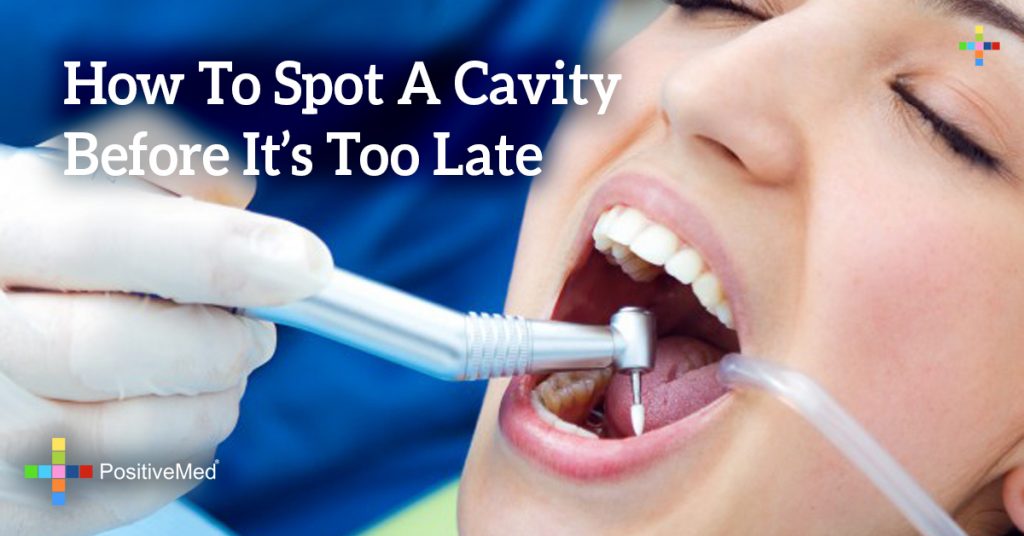
How To Spot A Cavity Before It’s Too Late
Many patients are surprised to hear that around 60 percent of school children and nearly 100 percent of all adults worldwide have at least one minor cavity. Even more surprising is the fact that a vast majority of cavities are preventable with the proper oral hygiene habits at home and regular dental checkups. Here is a closer look at exactly what a cavity is, some signs that you may have a cavity, and the easiest methods for preventing cavities in the future.

What Is a Cavity?
While most of us recognize a cavity as a form of discoloration on a tooth, many are unsure of what they are and how they form. The average mouth is home to millions of bacterium, many of which are perfectly healthy and an important part of the digestive process. When certain food debris or unhealthy bacteria lingers in the mouth, however, it will be broken down and turn into harmful acid. These acids will in turn attack the outer enamel of the teeth and cause damage. Over time, an untreated cavity can completely destroy the interior of the tooth and will require more extensive treatments.
How to Heal Cavity Naturally
Common Signs and Symptoms
One unfortunate fact about cavities is that there are little or no symptoms when the initial decay takes place. This is why regular dental checkups are so vital when it comes to catching cavities in their earliest stages and putting a halt to damage or reversing the damage altogether. As the cavity grows, some patients will begin to notice minor pain or discomfort, especially when chewing or when hot or cold foods come into contact with the cavity. There could also be some staining on the surface of the tooth and visible holes or pits.
Avoiding Your Next Cavity
The best method for avoiding cavities is to brush, floss, and use mouthwash multiple times a day. These simple daily habits will help patients avoid most dental health problems including tooth decay and gum disease. It is also important to schedule annual or biannual appointments to the dentist for professional cleaning and a thorough inspection of the teeth. Limiting one’s sugar and starch intake is another option for reducing the amount of acid that could potentially be produced and harm the teeth. Finally, some of the best vitamins and supplements to take for oral health include calcium, magnesium, vitamin A, vitamin D, and vitamin K. A deficiency in these vitamins and minerals will increase one’s risk of tooth decay.





